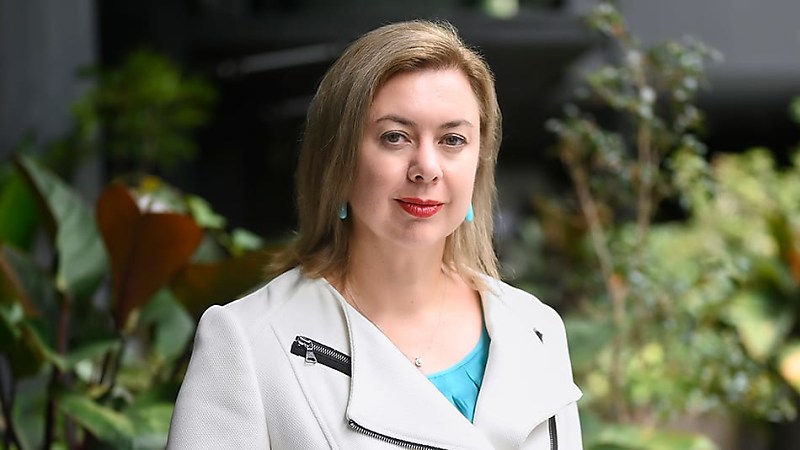JAWG says there is still time to fix first QAR bill
The JAWG has said there is still time to fix the first QAR bill – but the government needs to move swiftly.
The Joint Association Working Group (JAWG), a coalition of the Financial Advice Association of Australia (FAAA), the Financial Services Council (FSC) and 10 other professional bodies and associations, regrouped on Monday to issue a statement urging the government to move swiftly to fix legislation already introduced into Parliament, which in its present form could make advice more unaffordable and less accessible.
At the end of March, the government introduced the Treasury Laws Amendment (Delivering Better Financial Outcomes and Other Measures) Bill 2024 to Parliament to legislate the first stream of the Quality of Advice Review (QAR) reforms.
In a statement, JAWG said that it is important that the government get the legislation right to improve access to financial advice.
“Advice in Australia is unaffordable and inaccessible, with the cost of advice in Australia currently out of reach for many consumers, costing more than $5,000 in many cases,” it said.
“This is why JAWG supports the government in its efforts to reform financial advice to benefit all Australians and welcomes a number of red tape reduction measures progressed by the government as part of the Delivering Better Financial Outcomes package.
“However, under the government’s proposed Treasury Laws Amendment (Delivering Better Financial Outcomes and Other Measures) Bill 2024, consumers will face more red tape when it comes to setting up an ongoing adviser arrangement with superannuation trustees to pay for advice, with no additional consumer protections.”
Last month, in the FAAA’s response to the bill, chief executive Sarah Abood said the group has “strong” concerns over some of the obligations it would put on super fund trustees.
“This legislation places specific obligations on them [super fund trustees] before advice fees can be paid (under a new sub-section, 99FA, of the Corporations Act). There is no clarity as to how these obligations will be met by trustees,” Abood said.
“The risk we see is that this could cause significant extra work for financial advisers who may be asked to provide additional specific documentation, such as statements of advice and invoices.”
The JAWG echoed these concerns, noting that under the proposed legislation, superannuation trustees that allow fee deductions will need to “check every piece of advice individually and duplicate valid checks already undertaken by financial advisers and their licensees”.
“Professional advisers, superannuation trustees and advice licensees have consistently provided the government with suggestions to reduce red tape, make it easier for consumers to access affordable advice, and remove duplication in the adviser fee deduction processes for consumers, advisers, licensees, superannuation funds and their trustees,” it said.
“JAWG understands this is a technical area that is hard to get right and is ready to work with the government to get the best outcome for consumers.”
It added that the government must make “urgent changes” to the legislation to meet the goal of more affordable and accessible advice, and ensure that the way forward is not “unworkable and worse for all than the current situation at law”.
“Advisers already have a Best Interests Duty and they must ensure their fees are reasonable and apportion the fees appropriately to meet the SIS Act requirements,” JAWG said.
“Codifying the requirement for trustees to also substantiate the claim of deductibility will increase red tape as multiple interpretations will be put in place, requiring advisers to respond to numerous different processes, which adds to the cost of advice and results in a poor consumer experience.”








